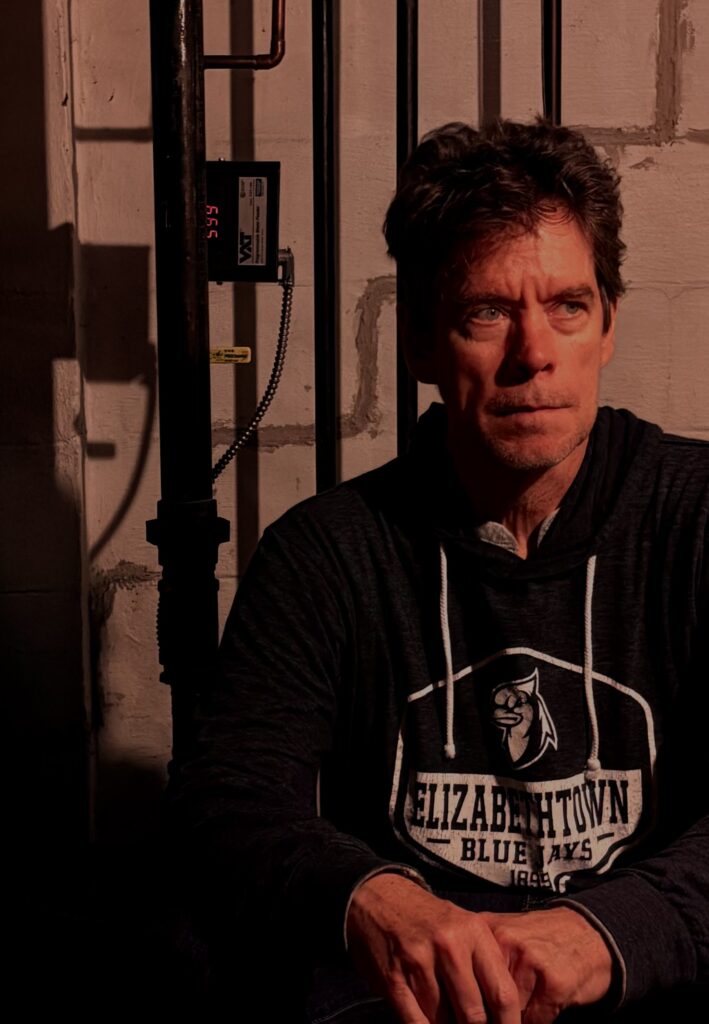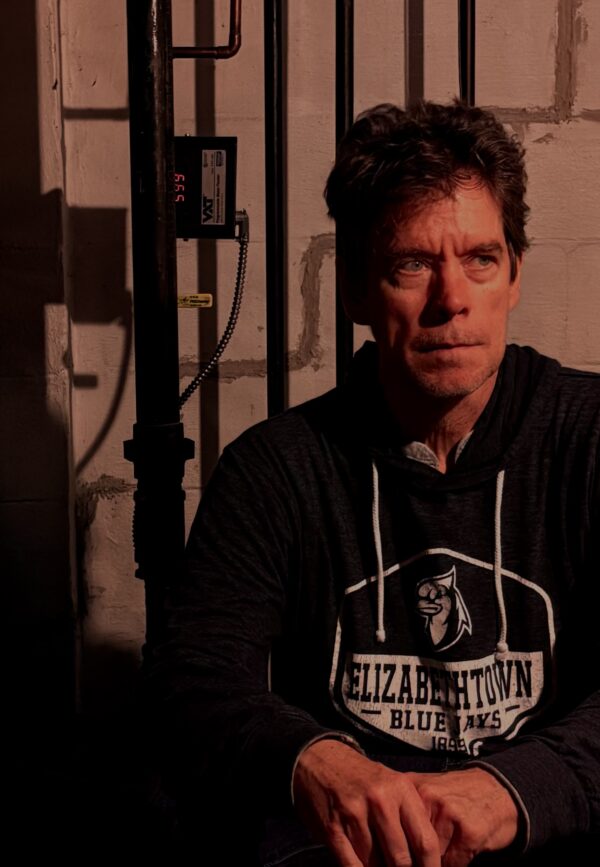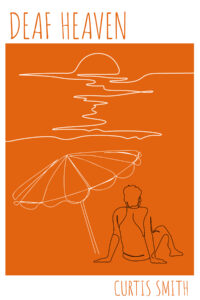Curtis Smith has published over 125 stories and essays, and his work has been cited by or included in The Best American Short Stories, The Best American Mystery Stories, The Best American Spiritual Writing, The Best Small Fictions, The Best Microfictions, and the Norton anthology New Micro. He’s worked with indie publishers to put out five story collections, two essay collections, seven novels, and one book of creative nonfiction. His 2020 novel The Magpie’s Return was named one of Kirkus’s best indies of 2020, and his 2023 novel The Lost and the Blind was a finalist for Foreword Reviews’ Best Indie of the year. His latest novel, Deaf Heaven, came out in May 2025.
But what strikes fear in his heart? Read on to find out…
What is your greatest fear?
If I’m being honest, my greatest fear isn’t some evil force from the outside world—it’s the inner worry that someday I’ll stop being productive—and in turn, stop being self-sufficient—and all this will domino into becoming a burden to those I love. And unlike the thousands of frivolous fears I’ve entertained over the years, there’s a decent chance this one is waiting for me somewhere down the road. My only reassurance lies in the fact that today is not that day.
What is your earliest childhood memory of fear?
I was four or so when I got lost in the neighborhood supermarket. My mother doesn’t remember this—and perhaps it was nothing more than her turning at the aisle’s end while I considered a cereal box’s cartoon figures. But when I looked around and found myself alone, the world opened up and swallowed me. I still remember how tall the shelves were and how small I felt. I think all of us carry cornerstones of fear—and I’m sure every moment of panic in my life contains a bit of that long-ago afternoon.

“I was four or so when I got lost in the neighborhood supermarket. …When I looked around and found myself alone, the world opened up and swallowed me. I still remember how tall the shelves were and how small I felt.”
What is the scariest thing you remember from childhood?
There were a number of books that frightened me—not the text so much as the images. And of course, the more they scared me, the more I returned to them. One was from a Ripley’s Believe it Not (bought at my elementary school’s book fair—thanks, Scholastic!). Those pages were filled with pen-and-ink renderings of oddities—and this one was about a woman from some royal European family who was afraid of the dark and refused to sleep at night. I can still see the picture of her holding a candle, her eyes wide. Another was from a little booklet about Abraham Lincoln I bought on a family trip to Washington, D.C. Near the end was a photograph of the four hanged conspirators—one a woman—all with hoods over their heads. I was probably nine or so, and for a year, maybe two, I couldn’t lie down to go to sleep without those images looking down from the foot of my bed.
What is your weirdest fear?
As a child, I loved driving over the suspension bridges that separated Philadelphia from New Jersey. The view, the cables and the towers—I thought they were the coolest part of the trip. Then somewhere along the line that changed. I began to see not the bridge but the emptiness all around. It’s not all bridges—just suspension bridges. There’s something about their hump, the rising up and then angling down. I began to feel like there was a kind of horrible gravity at play that was pulling my car, and that a plunge into the river was waiting in the next stretch. What frightened me most wasn’t hitting the water but those moments of falling and their terrible knowledge. I’m better now, but I’m still not a fan, and when I cross, I pray for light winds, and I breath deep and keep my eyes straight ahead and my hands tight on the wheel.
What person living today terrifies you the most and why?
I can’t say our current president terrifies me on a personal level, but I am taken back by the tides he’s brought to the surface. My generation was given such wonderful gifts, and I always believed we’d use them to bend the arc of history toward a more civil and empathetic future, but that hasn’t been the case. When folks laughed at or brushed off his mocking of a disabled person, I knew he’d tapped into some dark tide that I’d believed had been relegated to the fringes. I think fear is one of the main motivators of my writing. Many of my novels have a subplot of some authoritarian or pseudo-religious uprising in society or politics. Unfortunately, a good number of things I’ve written about have come to pass—perhaps in a less violent manner, but they exist nonetheless.
What is your greatest fear as a writer?
That there might come a day when I no longer want to—or am unable—to write.
Do you have a recurring nightmare?
It’s not a nightmare in the wake-up-screaming way so much as it is disturbing, but I’ve had many dreams where I’m doing some project around the house and I discover a hidden room. (That’s the vibe I was going for in my pic, and while it’s not a hidden room, a basement can have its own creepy vibe. Just ask Fortunato.) I’ve read this is supposed to represent finding some new direction or possibilities in one’s life, but all the secret rooms I’ve stumbled into are straight out of the Dr. Caligari, full of shadows and crooked lines and dust and broken items. Nothing about these spaces speaks to me about possibilities—only menace.


